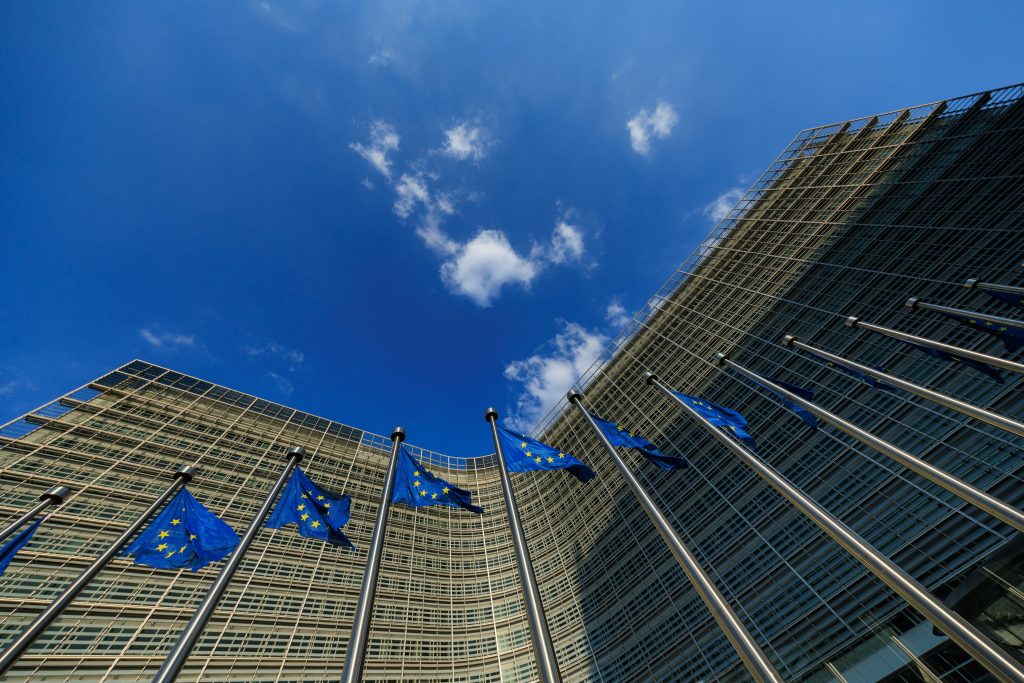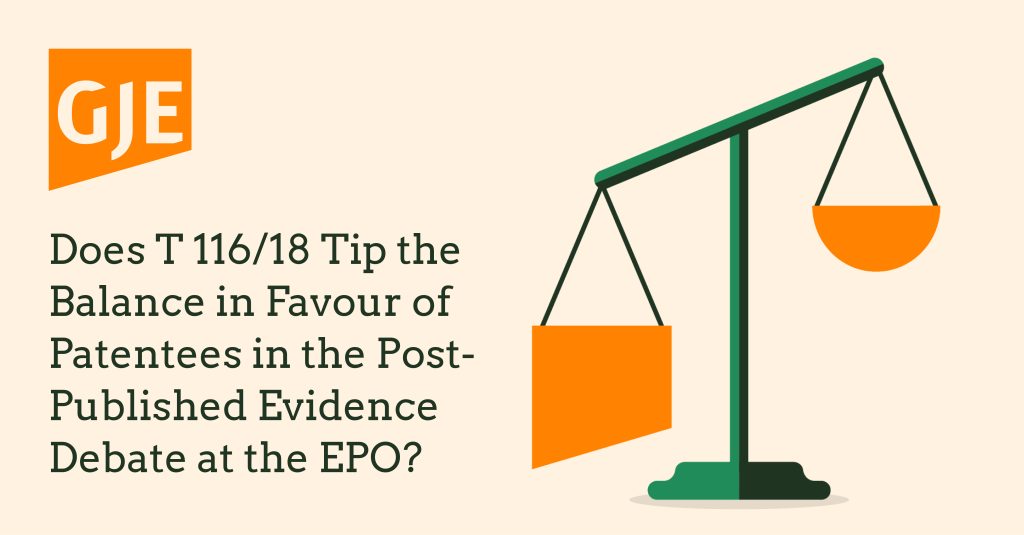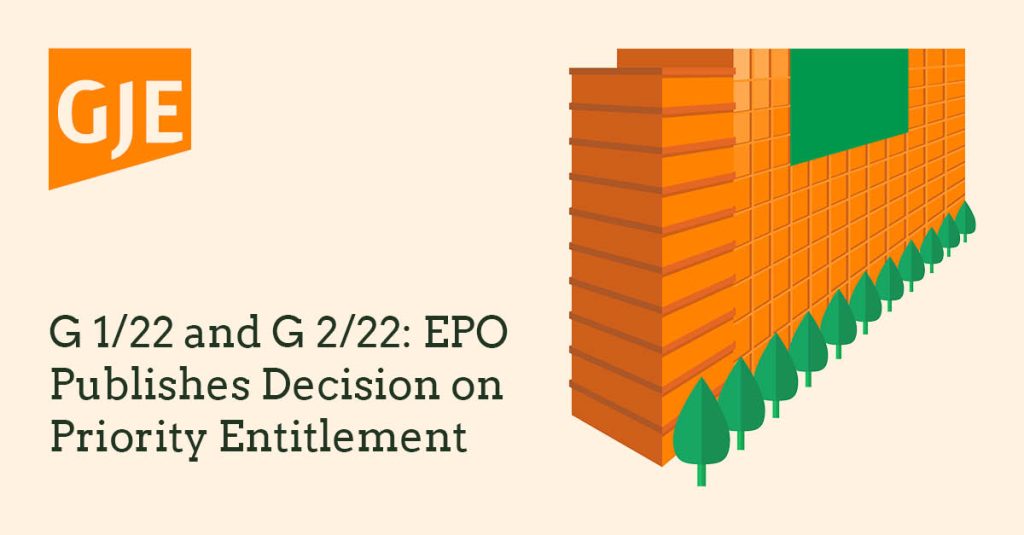
Summary
The Enlarged Board of Appeal has issued its preliminary opinion in respect of two important questions concerning whether the European Patent Office can decide on entitlement to a priority right, and if the “joint applicants approach” is to be applied to PCT applications where different applicants are listed for different states. This update reviews the preliminary opinion of the Enlarged Board of Appeal and identifies the points of law that will be central to the upcoming oral proceedings.
Background
In February of last year, EPO Board of Appeal 3.3.04 referred, by interlocutory decisions T 1513/17 and T 2719/19 (consolidated proceedings), two questions to the Enlarged Board of Appeal under G1/22 and G2/22. These questions concerned the assessment of the EPO regarding entitlement to priority.
Oral proceedings relating to referrals G 1/22 and G2/22 will be held on 26 May 2023.
The Referred Questions
I. Does the EPC confer jurisdiction on the EPO to determine whether a party validly claims to be a successor in title as referred to in Article 87(1)(b) EPC?
II. If question I is answered in the affirmative:
Can a party B validly rely on the priority right claimed in a PCT-application for the purpose of claiming priority rights under Article 87(1) EPC in the case where
1. a PCT-application designates party A as applicant for the US only and party B as applicant for other designated State including regional European patent protection and
2. the PCT-application claims priority from an earlier patent application that designates party A as the applicant and
3. the priority claimed in the PCT-application is in compliance with Article 4 of the Paris Convention?
What’s New?
Ahead of the oral proceedings of 26 May 2023, the Enlarged Board of Appeal has now issued a communication indicating the points and legal considerations they consider to be of most importance for discussion at the proceedings. The communication also sets out some preliminary views of the Enlarged Board of Appeal regarding the referred questions I and II.
Firstly, the communication confirms that the Enlarged Board of Appeal consider the referral to be admissible. Unless any of the eligible parties wish to address admissibility of the referral at the oral proceedings, the Enlarged Board of Appeal does not propose to address the matter again.
Regarding Question I, the Enlarged Board of Appeal reaches no definitive conclusion at this stage. However, the communication draws attention to the principles underlying Article 87 EPC, including its relation to Article 60(3) EPC, according to which, the applicant shall be deemed entitled to exercise the right to a European patent in proceedings before the EPO.
In particular, the Enlarged Board of Appeal considers the following to be central to answering question I:
Has the case law always been (implicitly or explicitly) supporting the EPO’s competence to assess entitlement to priority? (It has been noted in an amicus curiae brief that objections based on the entitlement to priority became routine in opposition proceedings only from about 2010.)
Does Article 60(3) EPC have no impact on the interpretation of Article 87 (implying answering question I with ‘yes’) or should the latter be understood in light of the former (implying answering question I with ‘no’)?
Should entitlement to priority be assessed ex officio in examination proceedings?
Could an assessment of entitlement to priority be made on the basis of the autonomous law of the EPC (i.e., without invoking national law)?
If the EPO has the competence to assess entitlement to priority rights, is it also competent to assess the entitlement to the priority application of the respective applicant? (From T 844/18 it can be understood that the entitlement of the party filing the priority application to do so and to acquire a priority right should not be assessed.)
The Enlarged Board of Appeal has therefore provided a clear framework for the discussion of question I during the oral proceedings on 26 May 2023.
Furthermore, for question I, the communication confirms that the Enlarged Board of Appeal considers that the question encompasses all situations where the applicant claiming priority is not clearly identical with the applicant of the priority application, and that the question refers not only to priority filings in or for members of the WTO (Art. 87 (1)(b) EPC) but also to priority filings in or for States party to the Paris Convention (Art. 87(1)(a) EPC). The communication also provides clarification as to the interpretation of particular terms used in the question. The Enlarged Board of Appeal notes that the term ‘jurisdiction’ should not be misunderstood in a way that, in case question I was answered in the negative, the EPO would not be in a position to proceed in a pending case after entitlement to priority becomes an issue.
For question II, the communication is more conclusive. The Enlarged Board of Appeal leans towards a positive answer. In arriving at this preliminary view, the communication outlines how, at this time, the Enlarged Board of Appeal has reservations regarding the ‘PCT joint applicants approach’ that implies that in a PCT application where parties A and B are applicants for different designated states, both applicants may rely on the priority right derived from a priority application filed by only one of the applicants. Instead, the Enlarged Board of Appeal is of the preliminary view that all applicants of a PCT application may enjoy a priority right acquired by only one of the applicants if a formal or informal agreement exists or is assumed to exist between the applicants on the sharing or transfer of the priority right. The Enlarged Board of Appeals notes that the fact that a PCT application was jointly filed (i.e., with the consent of all applications) could serve as evidence for the existence of such an informal or implied agreement.
The communication issued by the Enlarged Board of Appeal thus gives a clearer picture of the points of law considered central to these two questions, and the issues on which the outcome of the proceedings will turn. Parties now have until 5 May 2023 to make any further submissions.
We look forward to providing further updates as the case develops.





